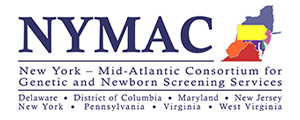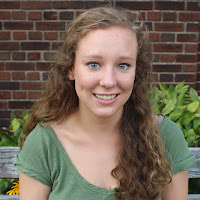Inside the Center for Craniofacial and Dental Genetics
The Center for Craniofacial and Dental Genetics (CCDG) is a unique, specialized research center located within The University of Pittsburgh's School of Dental Medicine. Collaborating with researchers from around the world, the CCDG team works to identify novel genes and environmental factors influencing craniofacial development and pathology.
Orofacial clefting (cleft lip and/or palate), one of the most common structural birth defects in humans, has a complex genetic etiology and is an active area of research for the center. Currently, our understanding of how and why orofacial clefts develop is far from complete, which often prevents precise clinical risk assessments for families affected by clefts. The CCDG team's work is making progress towards closing those knowledge gaps. The center also studies the epidemiology of dental caries (cavities) in rural Appalachia, with the hope of understanding the population's higher incidence of dental caries. Understanding the genetic factors pre-disposing individuals to the development of caries, and the interaction of those genes with the environment, can help to tease out causal factors and also, potentially, shed light on health disparities.
Aside from studying these conditions, another important research goal is to uncover genes which influence normal craniofacial development, and to explore the limits and variation of human facial features. Current and ongoing studies at the center involve the analysis of anthropomorphic measurements of the face and genome-wide association studies to explore associated genetic markers influencing the shape and size of facial structures: the eyes, nose, lips, brow, etc. Understanding normal facial development is a fundamental step in understanding pathways of associated pathologies.
As first year graduate student workers at the CCDG, we provide a variety of administrative support to the research team. Most simply, our duties include data entry and cleaning, pedigree verification and construction, and assistance with the maintenance of the center's massive amount of data and subject files (collected over decades!).
The data entry and file organization are certainly not the most glamorous part of a research project, taking part largely "behind the scenes", but like the work of a black-clad theatre set crew, our data entry efforts are essential to the research production. Along the way so far, we've learned much about the complexities of survey design, seeing questionnaire versions change and improve over the years as researchers figure out what works best, file systems, and spreadsheet/database construction for mass data analysis.
When we enter our second year and become more involved with the research itself (how exciting!), this experience of seeing the nitty gritty intricacies of such a large-scale research effort will remind us of the immense amount of leg-work done in order to build the rich data sets we have the opportunity to probe. The CCDG affords us an hourly job, a wonderful group of motivated researchers and co-workers, and valuable resources for our future thesis work.
In the following passage, we've each included a few words to describe our individual experiences and impressions working with the CCDG.

The first thing I noticed when I started working at CCDG was the welcoming atmosphere – from detailed directions on how to arrive for our first day to surprise treats in the breakroom. The staff did not hesitate to make Charlotte and me feel part of the team. I am looking forward to continuing to work at such a dynamic center and digging through more data for my thesis project!
-Alyssa
The staff and researchers at the center are fantastic, as Alyssa mentioned, they are always happy to lend a hand and check in about your day. It was also exciting how responsive the group was to our request for a meeting to talk about projects and our thesis work. Getting together with the researchers and brainstorming about the many ongoing and upcoming projects we can take part in was exciting and inspiring.
-Charlotte








